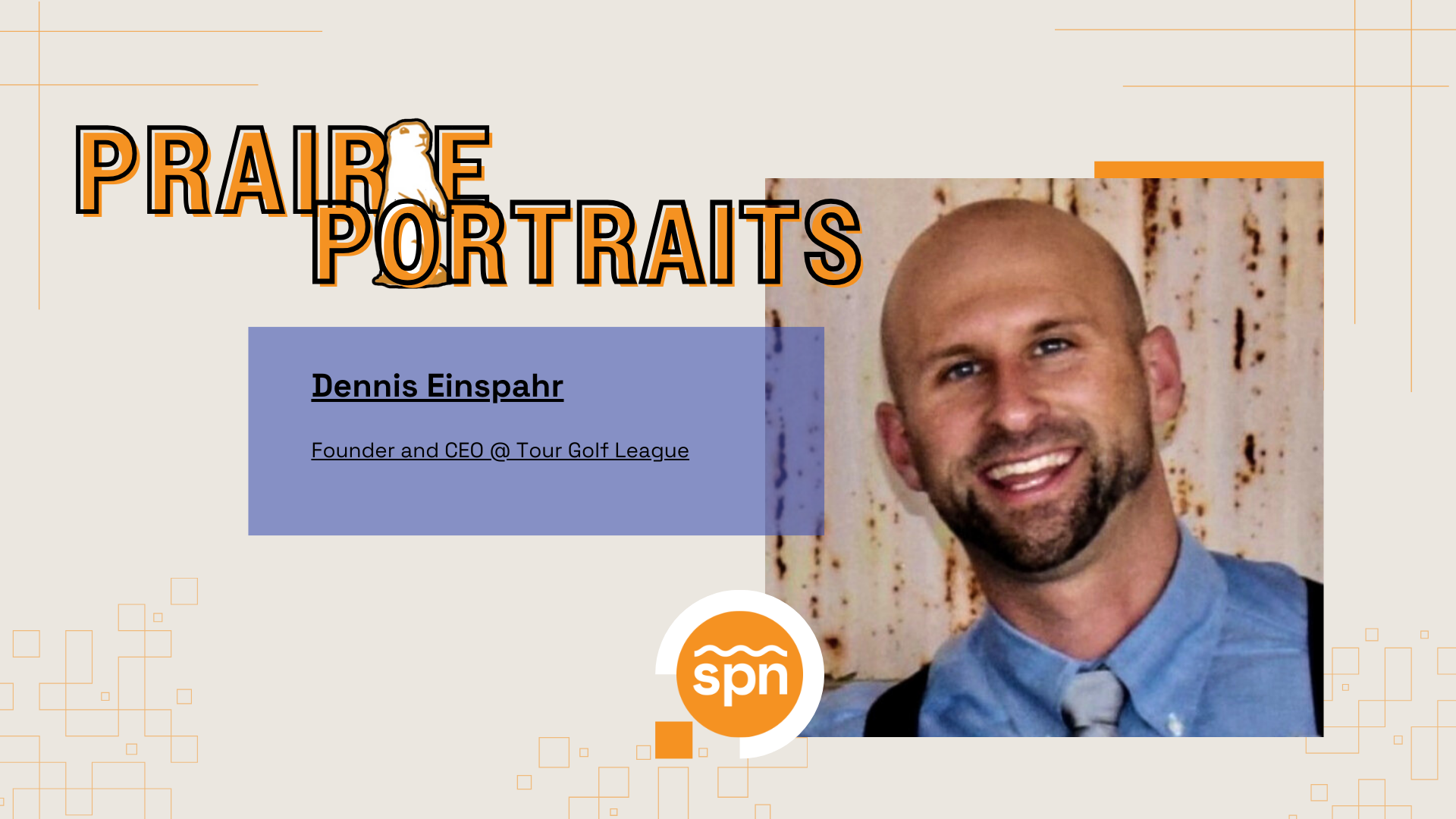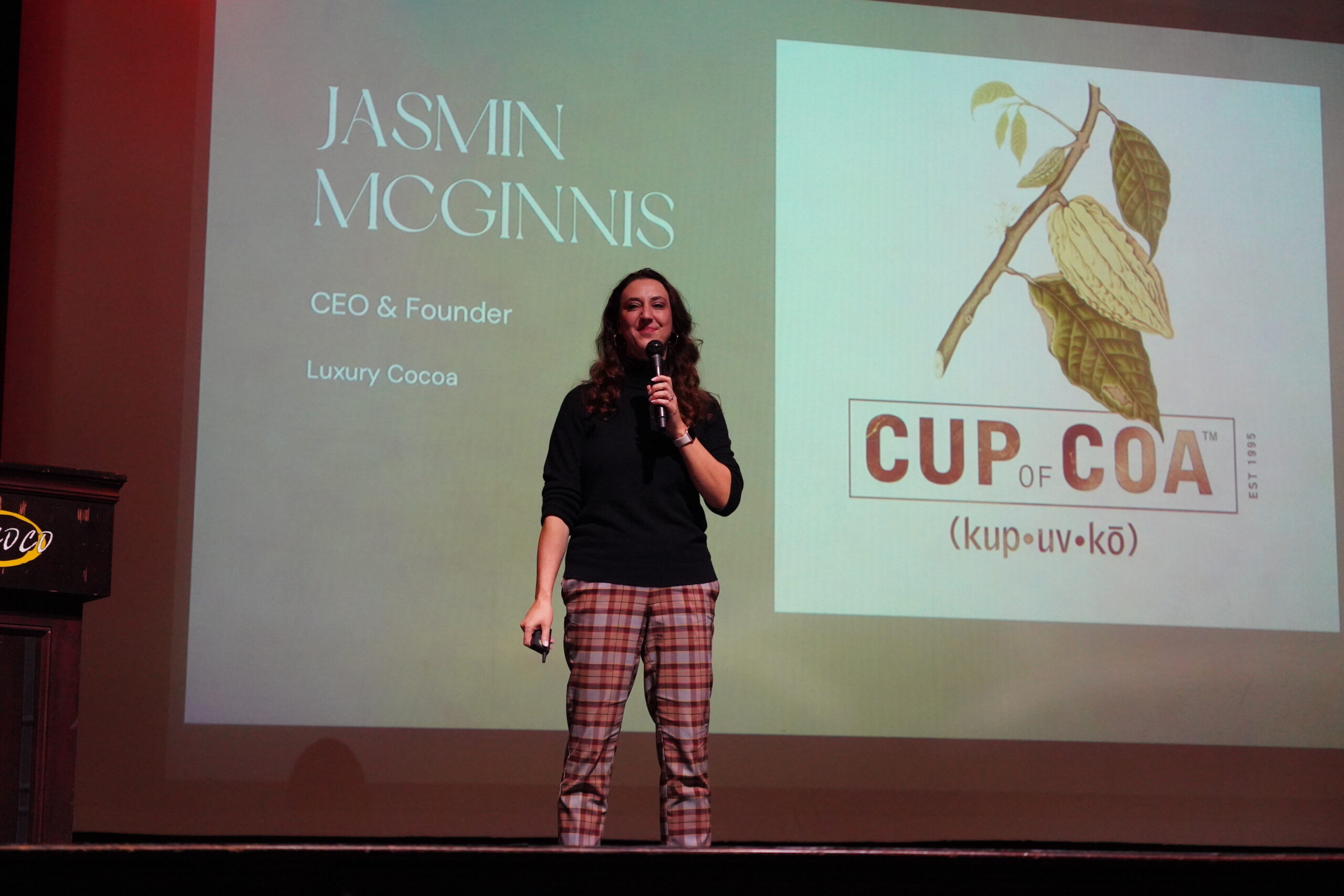
Space-themed cartoons by Jeff Koterba were displayed throughout KANEKO during Big Omaha 2011. All cartoons republished courtesy of Koterba and the Omaha World-Herald.
 As a child of the age of the Apollo space missions and the nephew of a columnist who once interviewed famed rocket scientist Wernher von Braun, Jeff Koterba (left, photo from jeffreykoterba.com) developed his fascination and passion for outer space at a young age. He hasn’t shaken it since.
As a child of the age of the Apollo space missions and the nephew of a columnist who once interviewed famed rocket scientist Wernher von Braun, Jeff Koterba (left, photo from jeffreykoterba.com) developed his fascination and passion for outer space at a young age. He hasn’t shaken it since.
Koterba is an award-winning editorial cartoonist who has plied his trade at the Omaha World-Herald since 1989. And, through the years, outer space has frequently found its way into the inner workings of Koterba’s cartoons. “Any opportunity I get to draw on space,” he says, “I will.”
Koterba’s interest in the cosmos coupled with his passion for the innovative spirit of Big Omaha — he has attended two of the three conferences — made displaying some of his work at Big Omaha 2011 a no-brainer when outer space was chosen as the theme for this year’s conference. Koterba kindly accepted our request to share several of his space-themed cartoons, and they were displayed throughout KANEKO during the conference May 12-13.
Before Big Omaha launched, we caught up with Koterba to talk about the conference and his creative work.

Silicon Prairie News: What do you hope Big Omaha attendees get out of seeing your cartoons displayed?
Jeff Koterba: Just being able to see space travel in a way that maybe they haven’t thought of it. … Even though sometimes I poke fun, I just really think it’s important — no pun intended — to draw as much attention to space exploration as possible, because not only does it satisfy mankind’s desire to explore but just the scientific benefits that come from space travel. Any opportunity I get to draw on space, I will.

SPN: What do you take away from Big Omaha?
Koterba: That’s kind of an easy answer in a way, in that there’s just so much creativity going on at Big Omaha — so many big thoughts, so many interesting ideas, things that I wouldn’t even have stumbled across had I tried — and I love that. My brain needs that kind of stimulation. It’s one thing to keep up with the news, and I keep my ear out anyway and try to keep in touch with creative people as much as possible. But I’m always trying to stay one step ahead of … just getting stale, and I like to push myself – not only with my cartoons but with my writing and music and everything. And I think just being in that environment, with all that creativity … there are very few places or events that I can think of where I might encounter so many unique ideas jam-packed into a short amount of time.

SPN: Have ideas or topics from Big Omaha ever found their way into your cartoons?
Koterba: I do know that there was a shift in my thinking on a couple topics. I don’t know that I drew anything specifically from Big Omaha last year, but I do know that when I think about global water issues, for example (after charity: water’s Scott Harrison Presented at Big Omaha 2010), it gets me thinking about local water … beyond supplying water to impoverished areas, just water in general.
Anyhow, just stuff like that that … I love when my brain can be impacted and have kind of a shift in thinking but just really get me to look at things in a new way, because that’s what I try to do with my work.
There’s always a third, fourth or fifth way of looking at a particular issue, and I think even if … the specifics of a particular topic aren’t grabbing me, just simply the way that particular speaker is (approaching) a topic in a way that I hadn’t thought of before, I think that just, in a creative way, affects a way I might think about totally unrelated issues.

SPN: Can you talk me through the creative process that went into the cartoon (shown above, which Koterba drew after the Columbia Space Shuttle disaster in 2003)?
Koterba: I was trying to find a different, unique approach to a tragedy. And, yes, it was a tragedy, but that’s to be expected when you’re trying to achieve great things. And I was just thinking about exploration and the sacrifices that are made and thinking about, you know, how our country would’ve been different had Lewis and Clark, had Thomas Jefferson not sent those two to explore a good chunk of the United States when they did, and how that might’ve affected the country and just that sort of a thing. That’s kind of how my brain works. I try to just think about … “Yes, this is a tragedy, but what are all the great things that come from space exploration? What comes from, you know, know moving forward?” And really that’s kind of a general thing how my brain might’ve worked on that.




